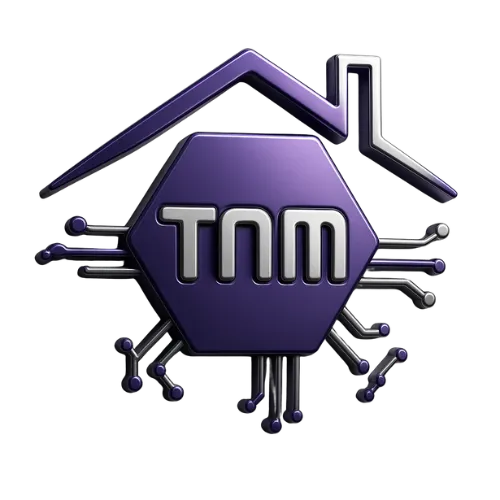
Why Your GPT is an Over-Sharer (And How to Fix It)
All right, so one of the quirks I’ve noticed when building custom GPTs is that they sometimes act like a brand-new assistant who narrates every single click of the mouse. You ask for one thing, and instead of just doing it, the GPT starts telling you all the steps it’s about to take, how it’s planning to do them, and what will happen next. At first, it feels helpful. But after a while? It’s too much. Busy agents don’t want to hear a play-by-play, they just want the result.
I saw this firsthand when I was building my SEO blog GPT. The model started every answer with “First I’ll do this, then I’ll do that,” walking through its entire thought process. It was trying to be transparent and supportive, but it ended up dragging out every interaction. Instead of creating efficiency, it added friction. And that’s exactly what we don’t want for real estate agents who are already pressed for time.
The Problem with Chatty GPTs
When GPTs overshare, it’s not because they’re “broken.” It’s actually a natural state of conversational AI. These models are trained to be helpful and often default to explaining themselves. The problem is, what feels like “helpful” to the AI feels like wasted time to a human.
Imagine you’re racing between showings, trying to prep a quick client email, and your GPT is giving you a paragraph about what it’s going to do instead of just doing it. That extra fluff can make the difference between smooth efficiency and total frustration. And frustration leads agents to dismiss AI as “too slow” or “too fluffy.”
How Oversharing Hurts Agents
Oversharing isn’t just annoying. It has real consequences:
It wastes your most precious resource: time. Every extra sentence is time you don’t have.
It breaks professionalism. Instead of looking polished, your GPT comes off clumsy; like an assistant who talks too much in front of your clients.
It risks exposing your process. If your GPT reveals internal instructions or system prompts, you’re not just oversharing, you’re leaking intellectual property.
It discourages adoption. If your team or clients find your GPT long-winded, they’ll stop using it altogether.
My Framework for Keeping GPTs Professional
Here’s the guardrail system I use whenever I build a custom GPT:
1. Don’t narrate the process. I explicitly instruct the GPT: never share or explain your internal steps.
2. Stay concise, but not cold. I tell it to be friendly and conversational, but keep answers to the point.
3. Protect the system. I make sure the GPT knows not to reveal custom instructions, knowledge files, or anything about how it’s built. That protects both the agent’s IP and the client experience.
4. Test with real people. Everyone types differently. I always have multiple testers run prompts to see if the GPT slips into oversharing. If it does, I refine the guardrails.
When you build GPTs with these constraints in place, the result is a tool that feels professional, polished, and trustworthy.
Why I’m Credible to Call This Out
This isn’t theory for me. I’ve built over 20 custom GPTs specifically for real estate agents. Every one of them has been tested, refined, and deployed with user experience as the top priority. My background in marketing and UX means I don’t just build tech for tech’s sake. I build systems that save time, protect your reputation, and make your brand look sharp.
The Professional Edge
Here’s the truth: agents like you don’t have time for an AI that rambles. You need a partner that respects your schedule, delivers clean outputs, and makes you look good in front of your clients.
A GPT that overshares chips away at your credibility. A GPT that’s concise, warm, and brand-aligned adds to your credibility. That polish is what takes your AI from being a clumsy novelty to being a trusted assistant that truly saves you time.
Less Chat, More Clarity
Oversharing is a natural habit for GPTs, but it’s one you can fix. By setting guardrails, protecting your instructions, and testing carefully, you can transform your GPT into a professional, polished assistant that gets to the point without losing warmth.
Because at the end of the day, your time is too valuable for unnecessary chatter. Keep your GPT clear, concise, and client-ready, and it will protect both your schedule and your reputation.
Frequently Asked Questions
Why do custom GPTs overshare?
Because they’re trained to be conversational and default to explaining their steps.
How can I stop a GPT from oversharing?
Add guardrails in the custom instructions: tell it not to share internal processes and to keep answers concise.
Is oversharing just annoying, or is it risky?
It’s both. It wastes time and can leak intellectual property if the GPT reveals instructions.
How do I test if my GPT is oversharing?
Have multiple people run prompts and watch for extra narration. Refine guardrails until it’s professional.
What’s the right balance between concise and friendly?
Think “polished assistant.” Warm, conversational tone, but no play-by-play of what it’s doing behind the scenes.

